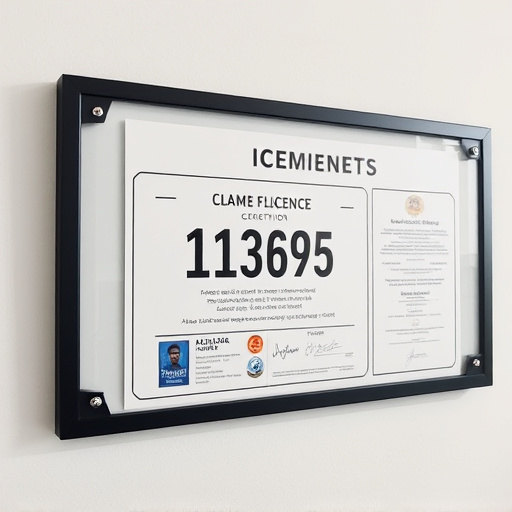The PIP insurance 14-day rule is a strict timeframe (two weeks) for individuals injured in accidents to initiate medical treatments, mandated by Personal Injury Protection policies. Adhering to this rule is crucial for timely claim processing and preventing denials, as insurers consider prompt treatment an indicator of legitimate claims. Noncompliance can lead to reduced benefits and increased costs. To meet the 14-day rule, healthcare providers and patients should focus on efficient documentation and clear communication, ensuring patient awareness of insurance requirements. Understanding this rule is essential for policyholders aiming to enhance their PIP coverage and ensure a seamless claims process.
“In the realm of healthcare and insurance, understanding timeframes is crucial for seamless claims processing. This article explores the intricate details of PIP (Personal Injury Protection) insurance timeframe limits, particularly focusing on the 14-day rule. We delve into how prompt treatment within these limits impacts claims, offers strategies to adhere to requirements, highlights common challenges, and shares best practices for efficient claims management. By understanding the PIP 14-day rule, individuals can navigate their rights effectively.”
- Understanding PIP Insurance Timeframe Limits
- The 14-Day Rule Explained
- Impact of Late Treatment on Claims
- Strategies to Adhere to Timeframe Requirements
- Common Challenges and How to Overcome Them
- Best Practices for Efficient Claims Management
Understanding PIP Insurance Timeframe Limits
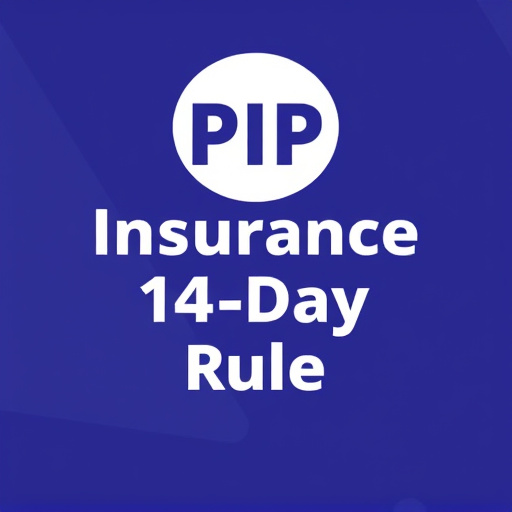
Many people are unfamiliar with the intricacies of their insurance policies, particularly when it comes to timeframes for treatment and claims. One common area of confusion is understanding the so-called “PIP 14-day rule” in Personal Injury Protection (PIP) insurance. This rule dictates that medical treatments or services must be initiated within 14 days of the incident causing injury. The 14-day period is a crucial aspect of the PIP policy, designed to ensure prompt attention to injuries and prevent delays in claims processing.
Delving deeper into this concept, the PIP insurance 14-day rule means that if you’ve suffered an injury, you should seek medical attention within two weeks. This timeline is not just a guideline; it’s a legal requirement in many jurisdictions. Failure to adhere to these limits could result in a delay or denial of your claim, as insurance companies look for prompt treatment as an indicator of genuine and legitimate injuries. Understanding such rules is essential for anyone navigating the complexities of insurance claims post-accident or injury.
The 14-Day Rule Explained
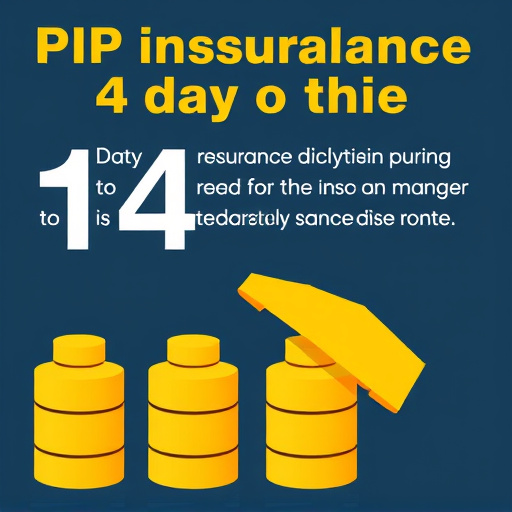
The 14-Day Rule, a crucial aspect of PIP (Personal Injury Protection) insurance, dictates that claimants must seek medical treatment within a specific timeframe—typically 14 days—following an accident. This time-sensitive requirement is in place to ensure prompt and adequate care for injuries sustained, which can be vital for future claims and coverage validation.
Understanding this rule is essential for policyholders to avoid any potential issues or delays when filing claims. If medical attention is deferred beyond the prescribed period, it may lead to complications when attempting to prove the extent of injuries and their connection to the initial incident, as required by insurance providers.
Impact of Late Treatment on Claims
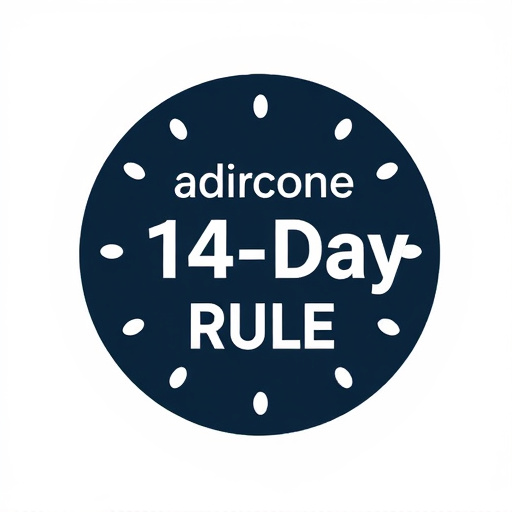
Late treatment of claims can have significant implications for both insurance providers and policyholders. In many jurisdictions, including those with Personal Injury Protection (PIP) insurance, there are strict time limits, such as the 14-day rule, which dictate when medical treatments must be initiated after an accident. Failure to adhere to these timelines can result in delayed or denied claims.
When treatment is postponed beyond the required timeframe, it may complicate the claim process and potentially increase costs for insurers. Moreover, policyholders might face challenges in receiving the full extent of benefits they are entitled to. This situation underscores the importance of prompt action when seeking medical attention after an injury, ensuring that claims are processed smoothly and without undue delays or complications.
Strategies to Adhere to Timeframe Requirements
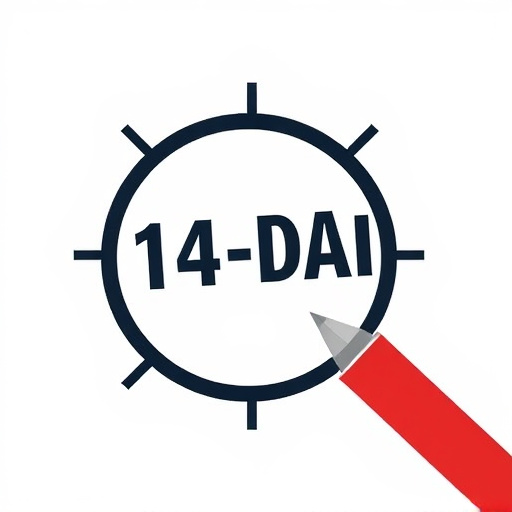
To ensure compliance with the PIP insurance 14-day rule, healthcare providers and patients alike must implement effective strategies. One key approach is efficient documentation, where medical records are meticulously kept to demonstrate prompt initiation of treatment. This includes recording the date of injury or incident and the initial patient consultation, ensuring all relevant details are captured within the required timeframe.
Additionally, clear communication between the provider and patient is vital. Reminders about the 14-day deadline can be sent via text, email, or phone calls to ensure patients are aware of the upcoming appointments and the importance of adhering to the insurance requirements. This proactive measure helps in avoiding delays and potential claim rejections.
Common Challenges and How to Overcome Them

Best Practices for Efficient Claims Management






